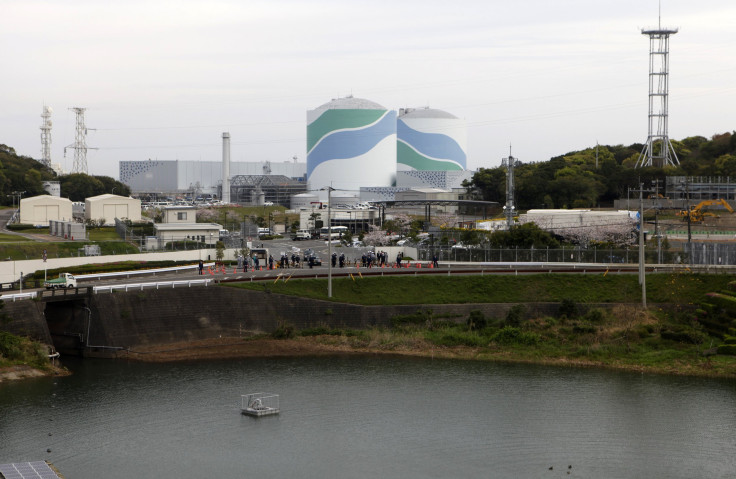Japan's Nuclear Regulator Gives Final Safety Approval To Two Reactors At Kyushu’s Sendai Plant

Japan’s atomic regulator Wednesday gave its final safety approval to restart two reactors at the Kyushu Electric Power Co Inc’s Sendai plant, in the country’s south. Both reactors at the plant had been shut down, along with 48 others across the country, after the Fukushima Dai-ichi power plant disaster in 2011.
The two reactors at the Sendai plant are the first in the country to have met the new and stricter safety standards that Tokyo has come up with since the disaster. While the reactors would still need to get two more approvals before they can begin operations, the move from Japan’s Nuclear Regulation Authority, or NRA, comes as a major breakthrough for the country, which has been relying on fuel and coal imports for power for almost a year now, since the last reactor was shut down in September 2013.
The push to assess the reactors more closely is "clearly part of the strategy by the government and utilities to send a signal to the people of Japan that they are listening and taking into account the lessons of Fukushima," Arnie Gundersen, a critic of nuclear energy and director of Vermont-based Fairewinds Energy Education, told Reuters, adding: "But it also reflects the challenge faced by utilities in finding the funds to bring older reactors to a standard that can pass NRA approval."
The two reactors, which received preliminary approvals in July, are expected to resume operations only after the first quarter of 2015. The Kyushu Electric plant is one of 10 utilities that have applied for safety tests on 20 reactors, Bloomberg reported, citing the NRA. And, following the latest approvals, the Sendai reactors will also need to get permissions from the city and prefectures to resume operations.
With the resumption of the reactors at Sendai, Japan is expected to shut down some older plants that would face a bigger challenge in meeting the new safety standards.
The Sendai power station is located about 600 miles southwest of Tokyo and 994 miles from the Fukushima plant, which is struggling to recover from the effects of a tsunami in March 2011, which was triggered by an earthquake.
Japanese Prime Minister Shinzo Abe is keen to resume the generation of nuclear power again, despite public opposition, as expensive fuel imports have contributed to Japan’s trade deficit. Nuclear power contributed 30 percent of the country’s total power before 2013.
© Copyright IBTimes 2024. All rights reserved.





















